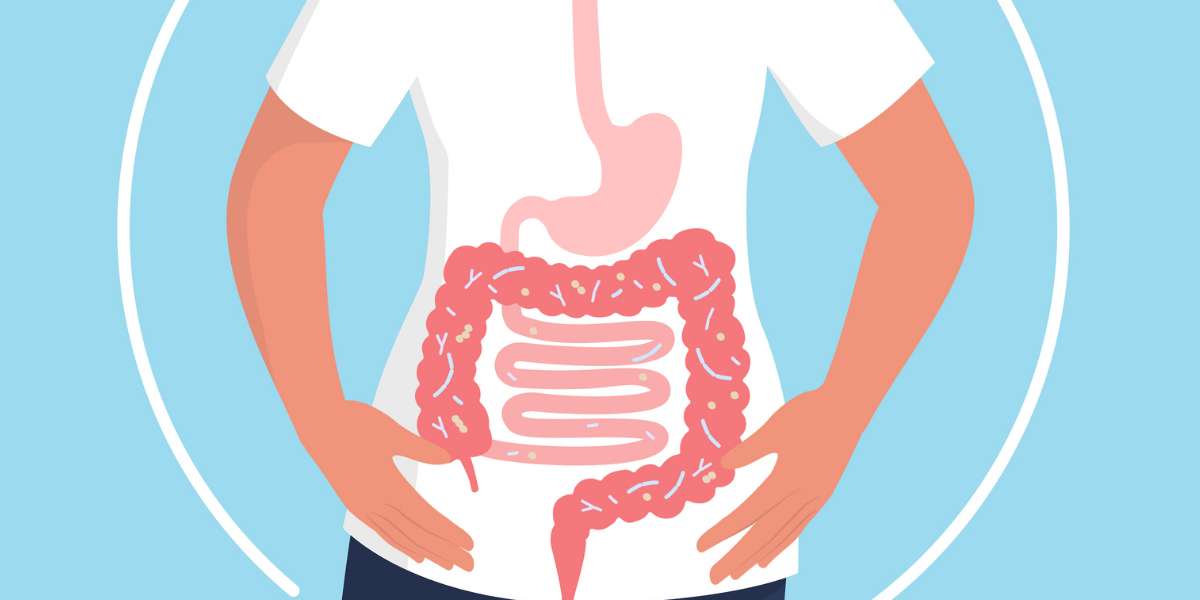The factors associated with a risk of developing cardiovascular disease are similar for both men and women, a major international study has shown.
Research published in The Lancet also highlighted that women generally have a lower risk of developing the condition, particularly in their younger years, and that diet may play a bigger role in the risk of developing cardiovascular disease in women compared to men – something that needs to be corroborated with further research.
First author Marjan Walli-Attaei, a research fellow at the Population Health Research Institute (PHRI) of McMaster University and Hamilton Health Sciences (HHS), said: “Women and men have similar CVD risk factors, which emphasises the importance of a similar strategy for the prevention of CVD in men and women.”
The study, which is the first to include people from low and middle-income countries as well as those from high-income nations, found that men were more at risk if they had high levels of bad cholesterol and symptoms of depression.
The risk factors examined included high blood pressure, obesity, diabetes, smoking, diet, economic status, and depression. The team analysed data from around 156,000 people aged between 35 and 70 with no history of cardiovascular disease, following them for an average of 10 years. The study spanned 21 countries across five continents.
Senior author Salim Yusuf, executive director of PHRI and professor of medicine at McMaster University, said the stronger link between diet and risk of cardiovascular disease in women is “something that’s not been previous described, and which requires independent confirmation.”
Read the full study in The Lancet.







